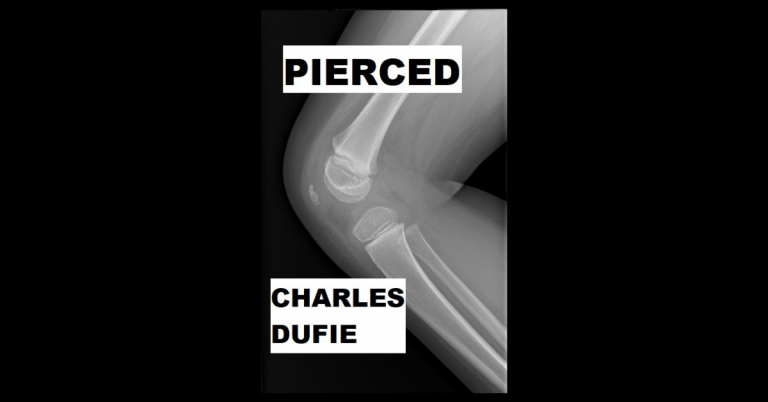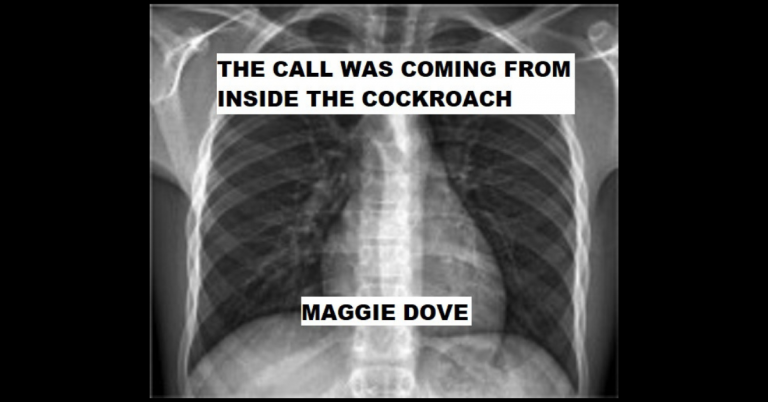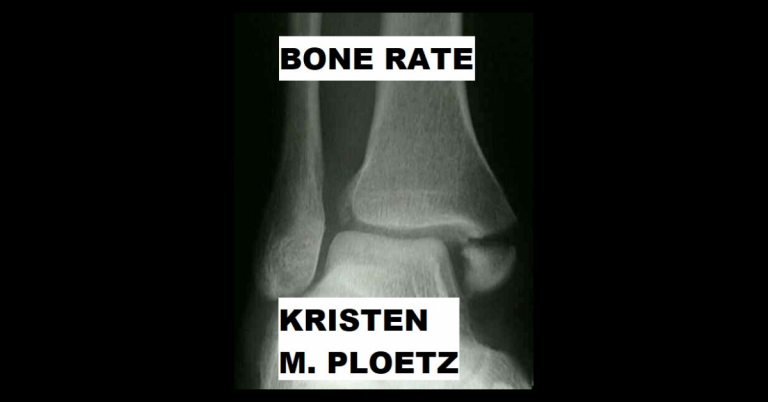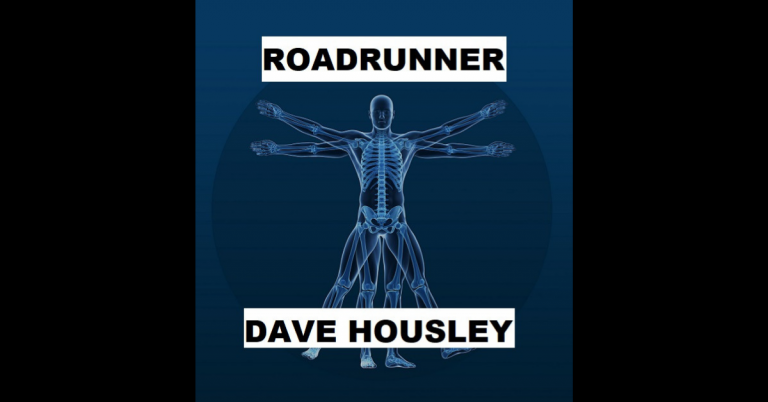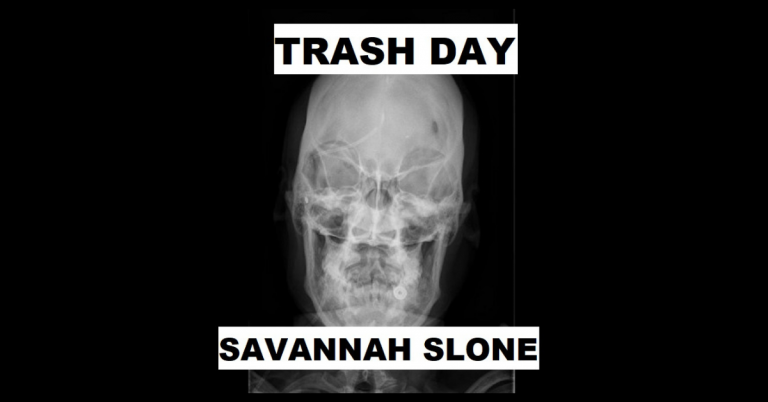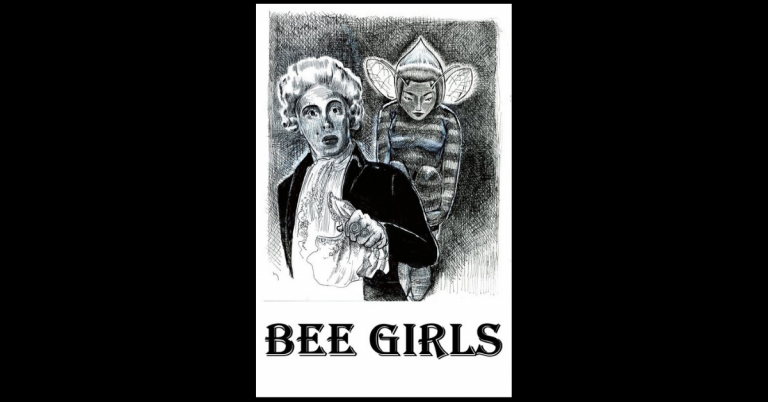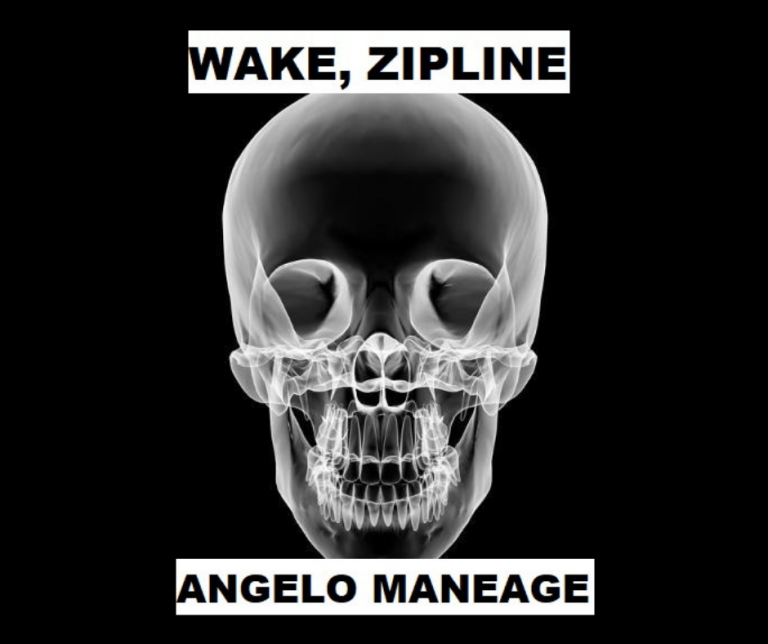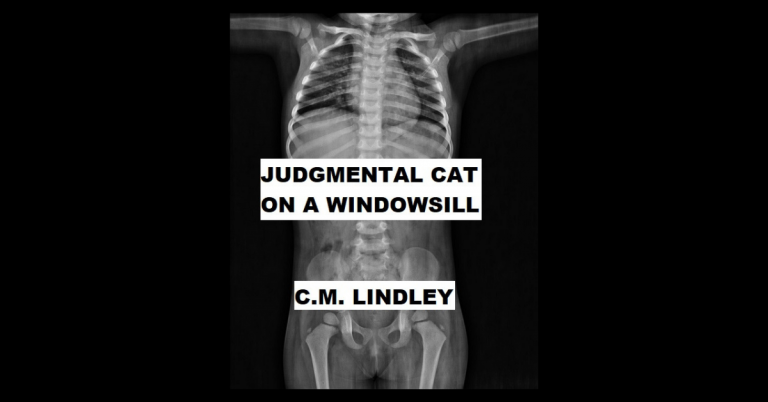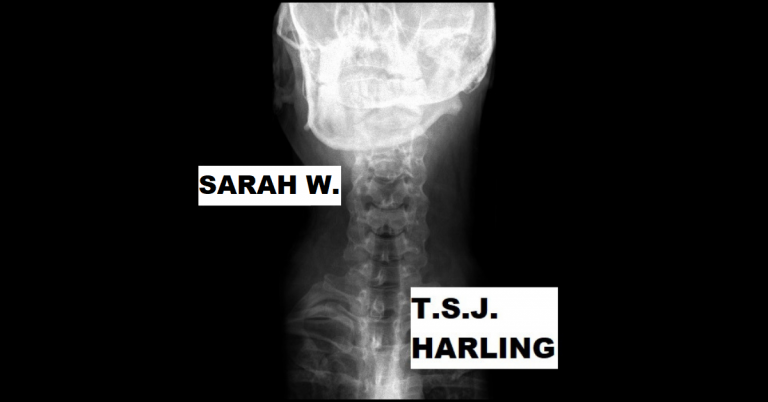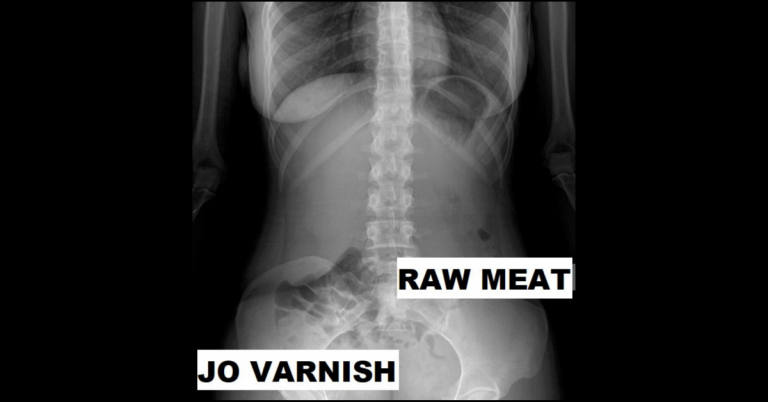
RAW MEAT by Jo Varnish
She was eighty when being eighty meant being eighty. It meant grey hair and dark colored calf length skirts, tights and rounded toed court shoes. It meant a green felted coat and patent leather black purse shaped like the queen’s, with a shiny silver clasp that snapped shut. It meant that purse held, at a minimum: a checkbook, a hairbrush, rouge, a lipstick, tissues (a pack, unused, and at least one folded, used), a pair of spectacles and a variety of pens. It meant she walked slowly, tutted at ill mannered children and grew African violets in mismatched pots along

